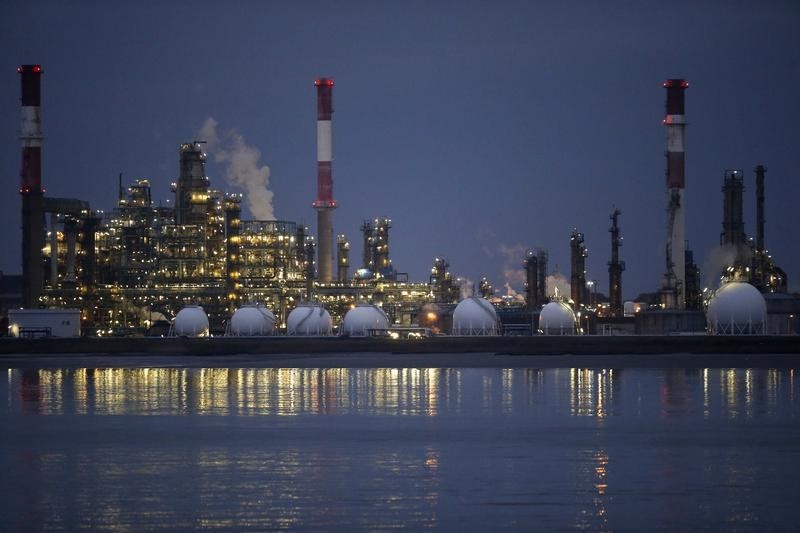Oil prices higher; markets weigh Syria tensions, China data
Oil prices rose Monday as traders factored in an increased risk premium on heightened geopolitical tensions in Syria, although concerns over weakening demand persisted.
At 08:45 ET (13:45 GMT), Brent oil futures rose 1.2% to $71.94 a barrel, while West Texas Intermediate crude futures gained 1.4% to $68.14 a barrel. Syria tensions keep oil risk premium in play
Syrian rebel forces seized the capital Damascus after 13 years of civil war, and reports said President Bashar al-Assad had fled to Russia.
Al-Assad’s sudden ouster - by a group partly backed by Turkey and with deep ties to the Sunni Islamic sect - limits Iran’s foothold in the Middle East, and could also cost Russia a naval base in the Mediterranean.
But traders were now watching to see just what a regime change will entail for Syria and the Middle East, especially in the area of oil production. While Syria’s output was almost entirely eroded by a long-running civil war, production could increase under a more moderate government.
On the other hand, Iran’s softer hold on the Middle East could embolden the incoming Donald Trump administration in the US to impose harsher restrictions on the country, limiting supplies.
Syria’s uncertain situation adds to ongoing geopolitical tensions caused by the Israel-Hamas war, as well as the Ukraine/Russia cnflict. Demand woes persist as China CPI underwhelms
Despite the increased risk premium, gains in oil prices were limited by persistent concerns over slowing demand.
Soft inflation data from China added to the mix, as private spending in the country showed little signs of improving despite aggressive stimulus measures.
However, top importer China flagged its first move toward a loosened monetary policy since 2010 aiming to bolster economic growth, state media reported citing a Politburo meeting.
"The easing of monetary policy stance in China is likely the driver of the oil price rebounding, supporting risk sentiment," UBS analyst Giovanni Staunovo said.
Beyond China, uncertainty over long-term U.S. interest rates and policies under the Trump administration also weighed.
The OPEC’s decision to extend supply cuts was perceived negatively by oil markets, given that it signaled dwindling faith that demand will improve.
(Ambar Warrick contributed to this article.)
Source: Investing.com
